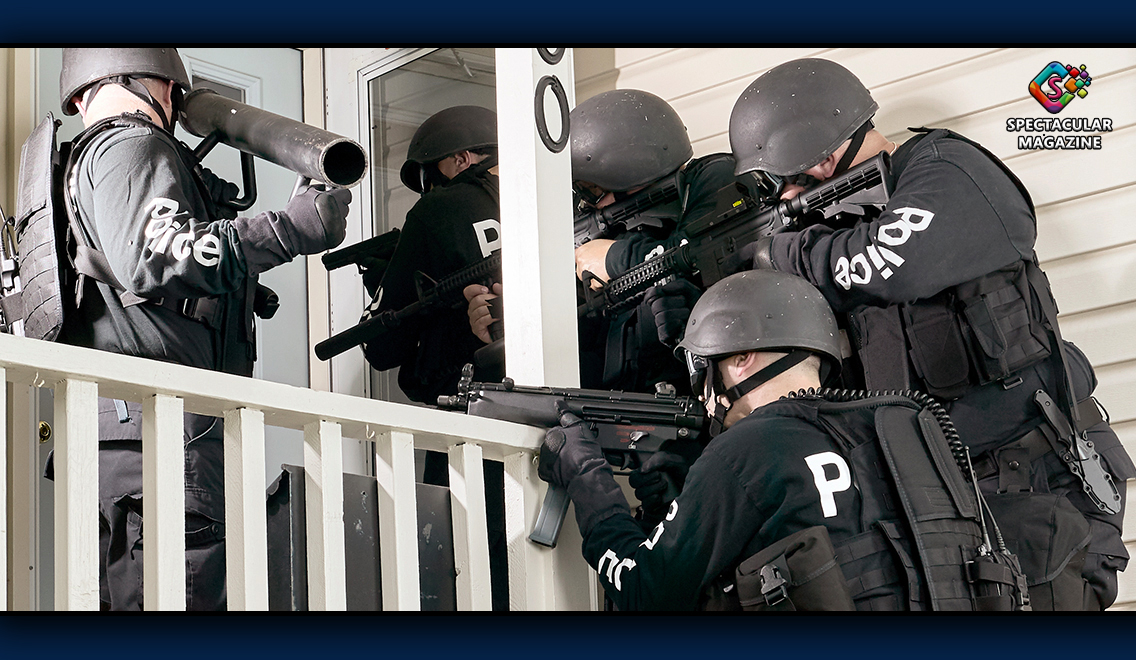No-Knock Warrants Giving Immense Power To Police Departments Under Scrutiny Again
On the early morning of March 13, 2020, Breonna Taylor was shot and killed by the Louisville Metro Police Department. On February 2, 2022, Amir Locke was fatally shot by Minneapolis police officers. These two deaths are part of a nationwide trend where an unarmed Black individual was killed at the hands of a white police officer.
These deaths have sparked outrage nationwide and strengthened calls to reassess the use of police force. A further culprit in these two incidents is the implementation of no-knock warrants, which have become an issue of great political focus once again. Implemented in the 1970s under President Nixon to help fight the “war on drugs,” no-knock warrants have given immense power to local police departments around the country.
What is a no-knock warrant?

A no-knock warrant grants a police officer the authority to enter a home unannounced. No-knock warrants are typically used when police believe the evidence will be destroyed before they enter the premises, or during a hostage or active shooter situation.
Notably, in both the cases for Ms. Taylor and Mr. Locke, neither individual was named in the no-knock warrant. The two highly publicized cases, along with the fact that no-knock warrants disproportionately impact people of color have led to increased scrutiny against these types of warrants in general.
What is being done?
While calls for a nationwide end to no-knock warrants have been made, there has been no congressional progress in that regard. However, there have been steps taken by other states and agencies to limit the use of no-knock warrants.
The Department of Justice announced in September 2021, that it was limiting the conditions in which its federal law enforcement has authority to use no-knock warrants. Additionally, a number of states have either banned or limited no-knock warrants in some capacity. Florida, Oregon, and Virginia have outright banned the use of no-knock warrants, while 34 other states have restricted or limited their use in some capacity.
In Louisville and Minneapolis, the locations where Ms. Taylor and Mr. Locke were killed respectively, no-knock warrants have at least been banned temporarily. The Louisville, Kentucky, Metro Council voted in June of 2020 to unanimously pass Breonna’s Law, outlawing all no-knock warrants and requiring body cameras be turned on before and after every search. Furthermore, the city of Minneapolis has suspended its use of no-knock warrants in the aftermath of Mr. Locke’s death.
As Congress continues to debate and stall over the issue of police reform, it has become clear that the answer to reforming policing measures, including no-knock warrants, will be decided on the state and local levels.
Do you believe no-knock warrants should be banned by police departments? Why do you feel that way? Comment below.

